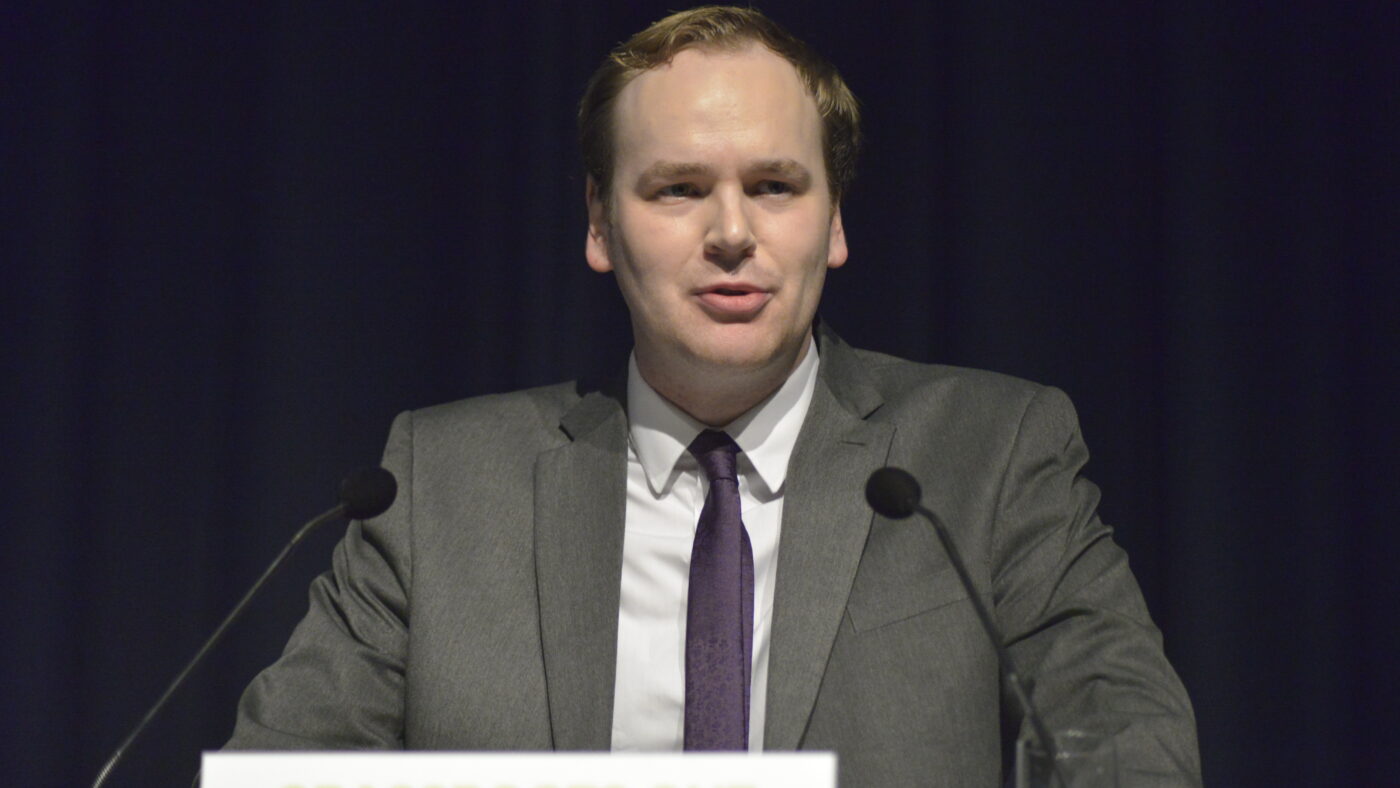Another week, another political embarrassment. This episode of humiliation involved what those in the know call a ‘honeytrap’, where a number of MPs, parliamentary staffers and journalists received messages from a shadowy individual (or potentially individuals) attempting to get them to send explicit images of themselves. The images would then presumably be used as blackmail material.
Depending on their sexuality, those targeted were either contacted by an ‘Abi’ or a ‘Charlie’ who would send a flurry of flirtatious texts and in some cases, nude images. GB News has obtained copies of these messages. They open with a ‘sad not to bump into you during conference season’ and follow with a series of quite desperate attempts at attention. Now, I’d be suspicious of unprompted flirty messages at the best of times – I can only imagine the alarm bells they would ring for an MP.
But apparently not for William Wragg, a Conservative MP and Vice Chairman of the 1922 Committee. Clearly thinking with his loins rather than his brain, Wragg has admitted to having sent compromising material to someone he was messaging on the gay dating app Grindr. This was used, according to Wragg, to force him to provide his colleagues’ numbers so that they could be exposed to similar blackmail attempts.
It goes without saying that this is, to put it lightly, not ideal. But I’m sure many can sympathise with Wragg’s reaction to what is probably quite a scary predicament. This is clearly the view of his party, at least.
Sympathy notwithstanding, this debacle speaks to a pervasive naivety about technology among our Whitehall elites. After all, this isn’t the first time something of this nature has happened. Who can forget the infamous nude snaps of former Tory MP Brooks Newmark plastered across our papers?
But this isn’t actually the most embarrassing aspect of our lawmakers’ relationship with technology. Because even worse is what happens when they try to regulate it.
Take the Online Safety Act. Passed in October last year, it is one of the most controversial pieces of legislation in recent memory. It gives powers to the relevant Secretary of State to force online service providers to tackle content that can be considered ‘harmful’. While this might sound reasonable, the provisions it put in place are corrosive to free speech, competition and privacy.
As the Centre for Policy Studies’ Matthew Feeney has highlighted, the Act poses a significant threat to encrypted messaging, of the kind used in the honeypot scandal, on platforms such as WhatsApp and iMessage. The Act gives the regulator sweeping powers to instruct messaging providers to use ‘accredited technology’ to identify harmful material. While this might save the blushes of the likes of Wragg, it damages privacy. And it also places an undue burden on the businesses providing these services.
A further example of such poor legislation is the pithily named Digital Markets, Competition and Consumers Bill. The Bill, currently in its final stages in Parliament, will give the Competition and Markets Authority extraordinary new powers to regulate digital markets. As the CPS has pointed out, this would hamper democratic accountability by outsourcing legislative responsibilities to unelected bureaucrats, and it jeopardises the Government’s goal of transforming the UK into a science and tech superpower by creating a hostile regulatory environment.
What connects these two pieces of legislation is what underlies the thinking behind them – fear. A fear of unwitting youngsters stumbling across nasty content online and a fear of emerging monopolies in the sector.
These are real threats, but rather than attempting to regulate them out of existence, policymakers should listen to the advice of businesses – the people who understand how the technology works a hell of a lot better than MPs have proved they do – and work with them to create a framework that both promotes competition and mitigates risk. We can only hope that the honeytrap fiasco doesn’t pique our politicians’ usual regulatory zeal.
Click here to subscribe to our daily briefing – the best pieces from CapX and across the web.
CapX depends on the generosity of its readers. If you value what we do, please consider making a donation.


